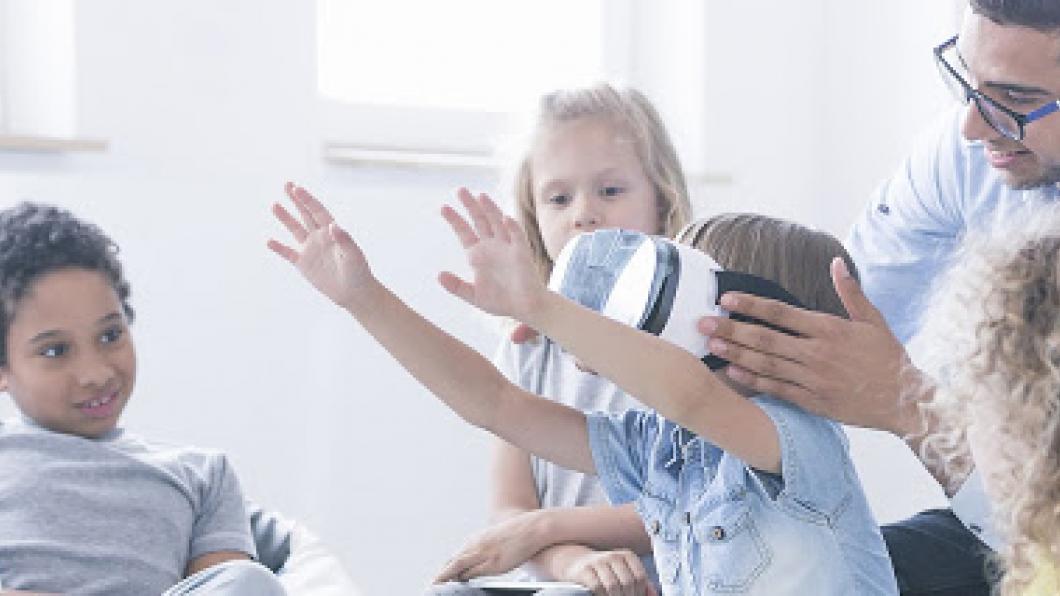
Virtual reality may help kids with autism adapt to new situations
By Louise Kinross
Many of us have less than pleasant memories of taking the bus to school or summer camp. But for children with autism, a noisy, unpredictable bus can be particularly anxiety-producing.
That’s why researchers at Holland Bloorview are working with film company Shaftesbury to create a virtual reality experience that helps desensitize children with autism before they hop on the bus.
They’ve already rented and filmed a school bus to make their scenes as realistic as possible.
“There aren’t a lot of studies that look at the safety and efficacy of virtual reality in children with autism,” says Holland Bloorview scientist Azadeh Kushki.
Azadeh hopes to start a usability study involving 30 children with autism aged eight to 18 in February.
“We’re going to look at children's physiological responses to identify anxiety triggers and work on gradually desensitizing them to their individual triggers.” It could be engine noise, a change in route, the sound and sight of an ambulance, or other children misbehaving.
“The good thing about virtual reality is you can adjust the difficulty of the situation,” Azadeh says. “So we can change the level of noise, the number of kids, or the amount of time a child waits for other children to board the bus.”
Shaftesbury, which produces the Canadian drama series Murdoch Mysteries, approached Azadeh and her team with the idea.
“About two years ago we started listening to clinicians and asking what advanced media products we could create for them,” says Ted Biggs, vice-president, Convergent/Technology at Shaftesbury. “We had developed an app for our TV show The Moblees that ended up increasing active play in kids up to 21 per cent. Conversations with Azadeh, her team and our clinical partners in the U.S. led us to believe that this [new virtual reality] project could really help people and families dealing with autism.”
If successful, the school bus could be the first of a number of virtual experiences created to help kids with autism adapt to unfamiliar situations.
“This is a good example of knowledge translation from the academic world to industry,” Azadeh says. “We’re giving them the tools to create, and support the feasibility of, their product.”
The project is funded by the Ontario Centres of Excellence and the Natural Sciences and Engineering Research Council of Canada.
Study results are expected at the end of the summer.